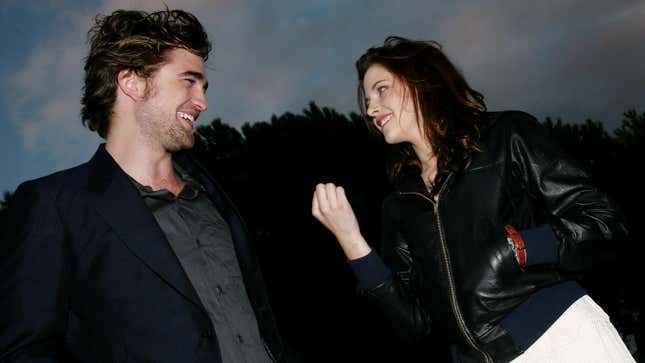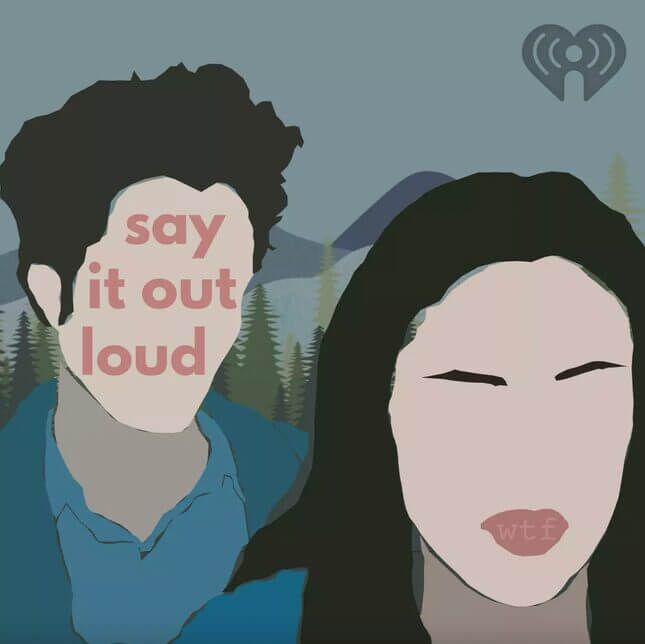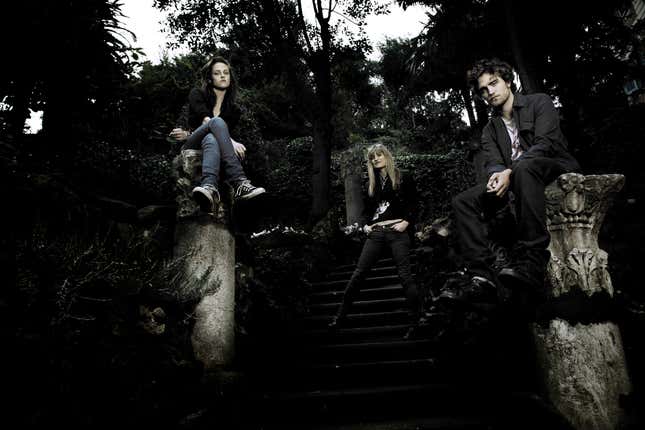The ‘Twilight’ Renaissance Is Indie Sleaze
All gothic maximalism and zero chill, the Twilight saga has taken on new meaning to match the current mood.
In Depth

I recently rewatched Twilight—who hasn’t, at this point?—and boy, was it a trip. The Cullens are startlingly frigid in their sexiness, Bella gasps through every line she delivers, and the T-shirt-over-long-sleeves outfits run rampant. Even worse is how outlandishly into each other Bella and Edward are. Did I really think this was cool 10 years ago? But to my surprise, my boyfriend, a famously pragmatic man, loved the film, claiming that it was unlike anything he’s seen from the last decade of cinema. He was onto something.
Twilight is completely devoid of irony. Between its indulgence in the sublime and embrace of all things gothic, it is an earnest, unabashed ode to the 2000s. And while this self-seriousness might feel antithetical to the “carefree, live in the moment” sheen of indie sleaze, they are, in fact, one and the same. At least, that’s according to Alyssa Allemand and Jenalee Emmert, the hosts of “TwiHard Recovery Club” podcast Say It Out Loud. “There’s just something about the overall vibe—the angst and the grunge, the punk attitude, the dark humor,” Allemand told Jezebel.
“Indie sleaze” is a new term coined by Gen Z TikTok to describe the fashion of the late aughts and early 2010s, which was characterized by a certain grunge maximalism, as Cassidy George wrote for Vogue. From fringe scarves, to aggressively neon tops, to graphic prints (all worn together, of course), there are few other words that can adequately describe the indie sleaze aesthetic other than absolutely unhinged. But beneath its superficial IDGAF energy, indie sleaze also possessed a darker side: Because these fashion numbers were often worn to parties where over-the-top intoxication was the rule more than the exception, the genre is also marked by an undercurrent of uninhibited vice and a culture of interpersonal toxicity.

As a whole, indie sleaze’s ambivalence treads a fine line between being overcome by the worst of human nature and indiscriminately enjoying the best that life has to offer. It possesses a delicate combination of cynicism and celebration that both Say It Out Loud and the Twilight Renaissance at large (remember the whole Team Edward and Team Jacob thing? It’s back, baby!) balance pretty well.
“So much of the original indie sleaze was created when our culture romanticized different forms of abuse, from eating disorders, to drugs and alcohol, to abusive and codependent relationships,” Emmert told Jezebel. “I think Twilight grabbed that idea of being really emotionally tethered to a partner in a way that feels like you can’t breathe without them.”
-

-

-

-

-

-

-

-

-

-

-

-

-

-

-

-

-

-

-

-

-

-

-

-

-

-

-

-

-

-

-

-

-

-

-

-

-

-

-

-









































